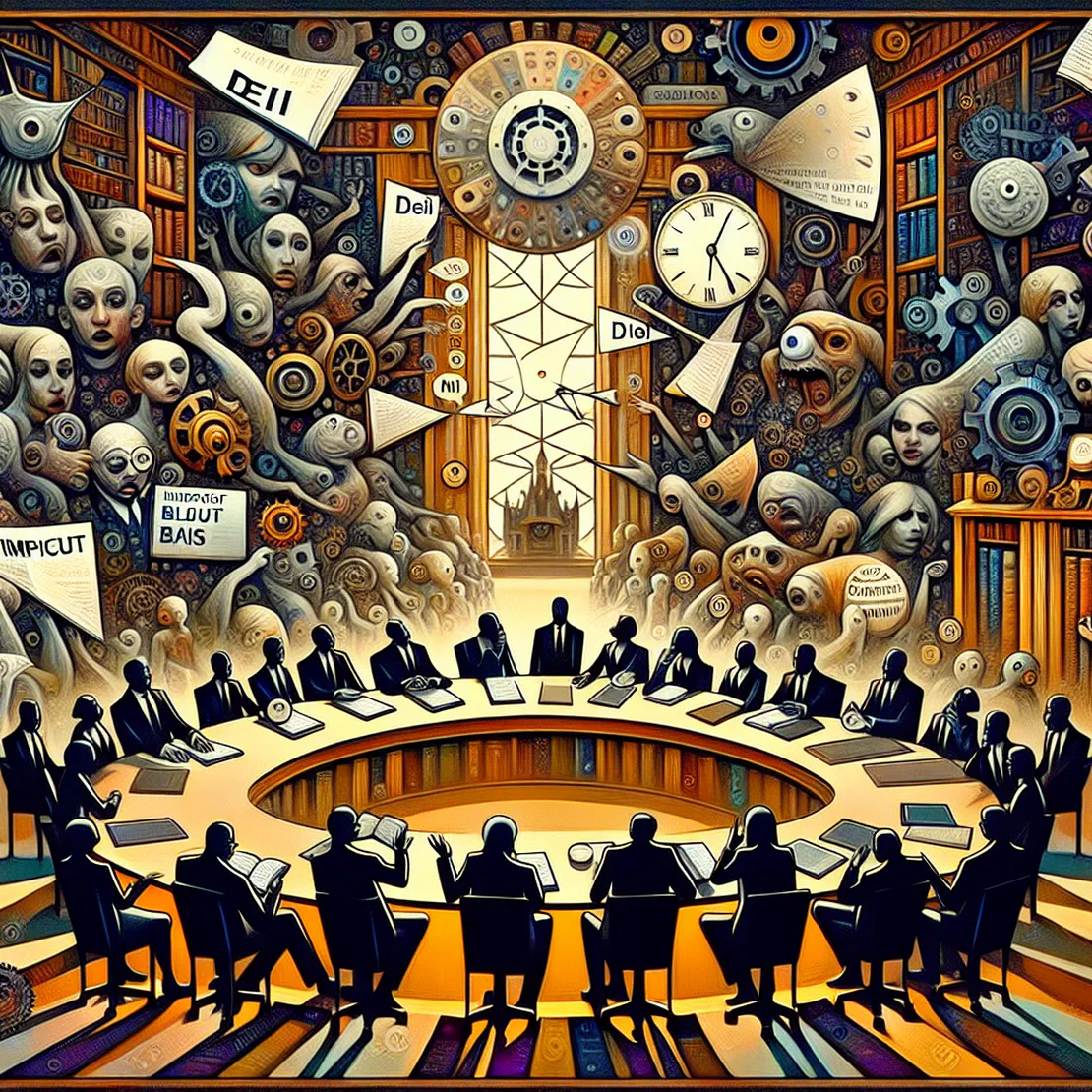
You 2.0: How To Say No
Table of Contents
At a Glance
-
The Power of Saying No - “When you say I don’t, you shut that down. You essentially say, this is my way. This is what I believe. And people don’t argue with who you are.” Using a personal policy instead of an excuse to say no can have long-term benefits and convey a sense of conviction.
-
Avoiding Excuses - “When somebody used the excuse, something that was temporary, something that was external to them, people said, yeah, I’ll ask that friend because presumably, they’ve paid for graduate school.” Giving excuses can make it more likely that others will ask for favors in the future.
-
Saying No as Self-Definition - “Learning to say no is part of defining who we are and what we want out of life. How we spend our days is how we spend our lives.” Saying no can be a powerful way to take control of one’s life and create a desired future.
-
The Importance of Boundaries - “When you say I don’t, you shut that down… You essentially say, this is my policy about loaning money to friends.” Establishing clear boundaries can help maintain relationships and avoid misunderstandings.
What to Do
-
Avoid giving excuses when saying no - When we say no, using an excuse can lead to people questioning our commitment and trustworthiness in the long run. Instead, stating a personal policy or stance helps to convey a clear boundary.
-
Use a personal policy instead of an excuse - Invoking a personal policy shows that you’ve thought through your decision and are committed to it, making it more likely that people will respect your boundaries and not come back for favors in the future.
-
Saying no is about creating one’s own destiny - Learning to say no is essential for defining who we are and what we want out of life. By setting boundaries, we can create a sense of control and purpose over our lives.
-
The power of saying no lies in its ability to shape one’s future - Saying no is not just about refusing something; it’s also about creating opportunities for what we truly value and want. By prioritizing our own needs, we can build a life that aligns with our values and goals.
-
Being clear and direct is more effective than being apologetic or vague - When saying no, it’s better to be straightforward and assertive rather than apologetic or vague. This helps to set clear boundaries and avoid misunderstandings.
-
Setting personal policies can be a long-term strategy for boundary-setting - Developing personal policies can help us establish consistent boundaries that reflect our values and priorities. By doing so, we can create a sense of stability and trustworthiness in our relationships.
What to Get
-
The Power of Saying No: The New Science of How to Say No that Puts You in Charge of Your Life by Vanessa Patrick PhD - Amazon - By Vanessa Patrick, a professor of marketing at the University of Houston. The book is referenced as a publication related to the power of saying no and its impact on one’s life.
-
The House of the Spirits: A Novel Paperback by Isabel Allende - Amazon - Written by Isabel Allende, signifies the start of her annual writing project every January 8th.
Summary
In this episode of Hidden Brain, Shankar Vedantam engages in a thought-provoking discussion with Vanessa Patrick, a professor of marketing at the University of Houston. The conversation centers around the power and significance of saying “no” in our lives.
Vanessa shares her research on how people tend to give excuses when they want to say no to something, making it easier for others to try and persuade them otherwise. She explains that invoking personal policies or boundaries can be a more effective way to communicate a refusal, as it conveys a sense of finality and sets clear expectations. This approach not only resolves the immediate issue but also helps maintain healthy relationships in the long run.
One of the most intriguing aspects of their conversation is an experiment Vanessa conducted where people were asked whether they would borrow money from a friend who refused to lend them $1,500 either with or without an excuse. The results show that when the refusal was based on a personal policy, people were significantly less likely to go back and ask for money 10 years later. This suggests that clear boundaries can lead to healthier relationships and more effective decision-making.
The conversation also touches on how saying no is essential in carving out our own destiny and defining who we are. By learning to say no, individuals can take control of their lives, prioritize their time and energy, and make intentional decisions about what they want to achieve. This idea resonates with the notion that “the things that we spend our time on on a daily basis adds up to how we spend our lives.”
Overall, this episode offers valuable insights into the power of saying no and its impact on both personal and professional relationships. By embracing this concept, individuals can cultivate healthier boundaries, prioritize their well-being, and take ownership of their lives.


